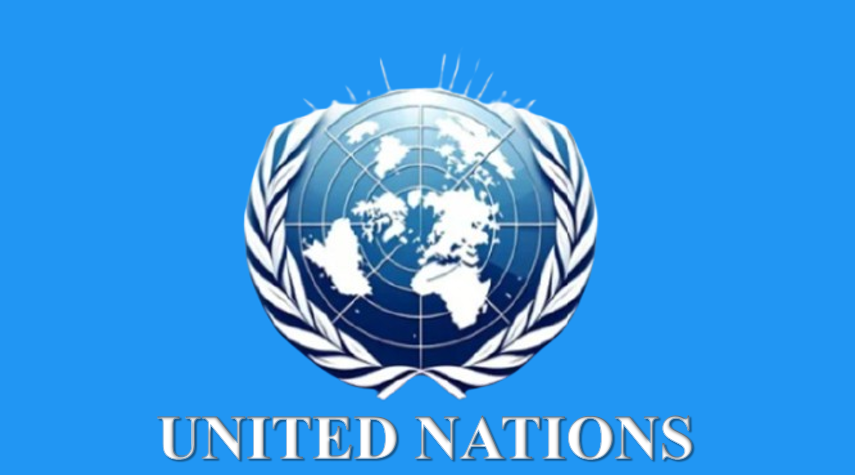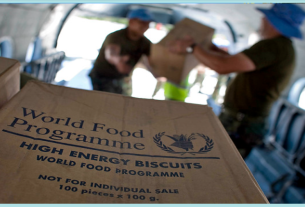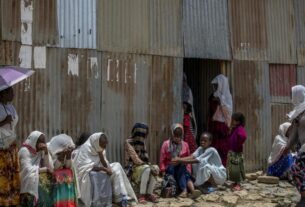The United Nations has commended the United Arab Emirates (UAE) for its ongoing efforts to combat the sale, sexual exploitation, and abuse of children, while also urging the country to bolster support systems and improve reporting mechanisms.
UN Special Rapporteur Fatima Singhateh, following an 11-day fact-finding visit—the first since 2009—praised the UAE’s commitment to child protection. She highlighted legislative and institutional reforms that reflect “a firm commitment to protecting children and providing them with the necessary support.”
Key Legal and Policy Milestones
Singhateh pointed to the landmark Wadeema Law (2016)—officially the Child Rights Law—which guarantees children’s rights to protection from neglect, abuse, and exploitation. That same year, the UAE ratified the Optional Protocol to the Convention on the Rights of the Child on the sale of children, child prostitution, and child sexual abuse material.
Other legal strides include:
- Federal Decree-Law No. 34 of 2021 on Countering Rumours and Cybercrimes, which criminalizes the involvement of minors in the production or dissemination of child sexual abuse material online.
- Federal Decree-Law No. 24 of 2023 on Combating Human Trafficking, which increases penalties for child trafficking and related offenses.
Institutions Leading Protection Efforts
The UAE has also developed specialized entities to implement child protection policies:
- The Ministry of Interior’s Child Protection Centre (established 2011) oversees child safety initiatives across the country.
- The Ministry of Education’s Child Protection Unit safeguards children in both public and private educational institutions.
Additionally, a 2020 partnership with the UN Interregional Crime and Justice Research Institute (UNICRI) supports the use of artificial intelligence (AI) by law enforcement to investigate child abuse and exploitation.
Remaining Gaps and UN Recommendations
Despite notable progress, Singhateh urged the UAE to:
- Streamline reporting systems into a single, user-friendly channel to make it easier for victims and witnesses to report abuse.
- Establish a centralized national database to coordinate child abuse case information across agencies.
- Strengthen support for NGOs, which she described as “vital partners” in raising awareness and providing victim support services.
- Enhance public education campaigns to reduce stigma and encourage reporting of sexual abuse and violence.
Looking Ahead
Singhateh’s preliminary findings will be compiled into a detailed report to be presented at the UN Human Rights Council in March 2026. Her visit underscores both the strides made and the urgent work still needed to ensure the full protection of children within the UAE.
Sources:
- UN Human Rights Council press statements
- UAE Ministry of Interior publications
- Jurist: Salma Ben Mariem, Faculty of Law and Political Science of Sousse, TN



